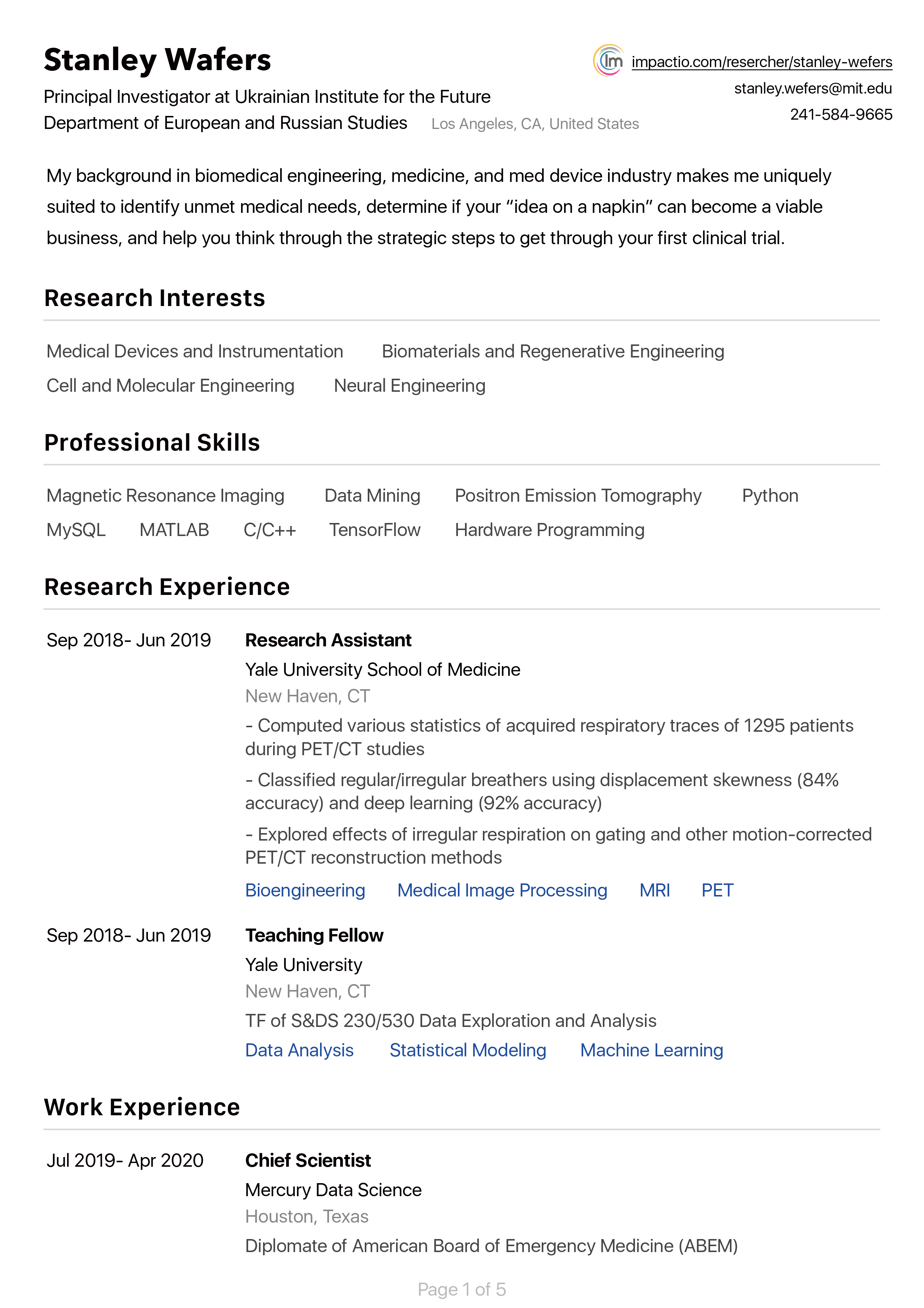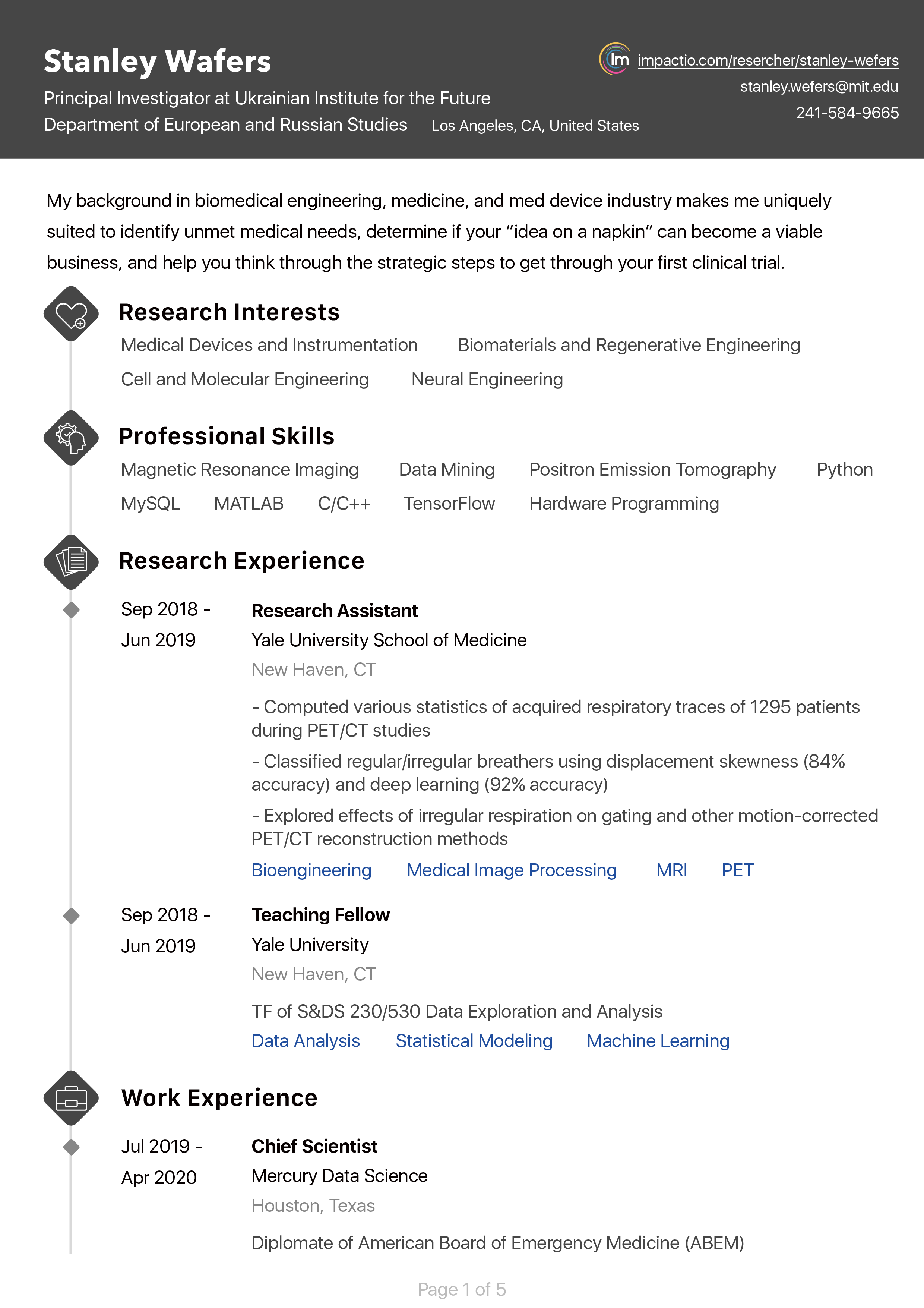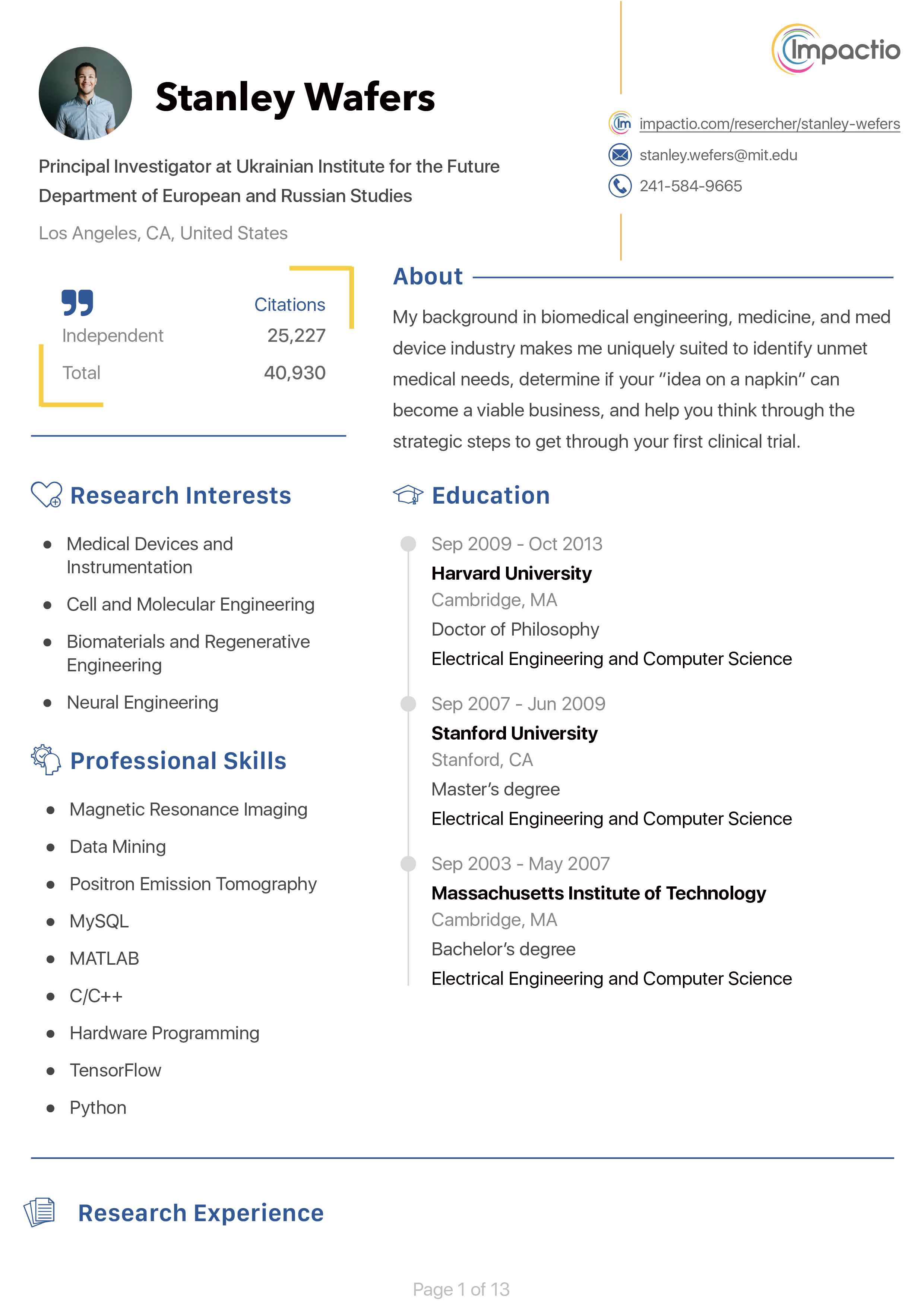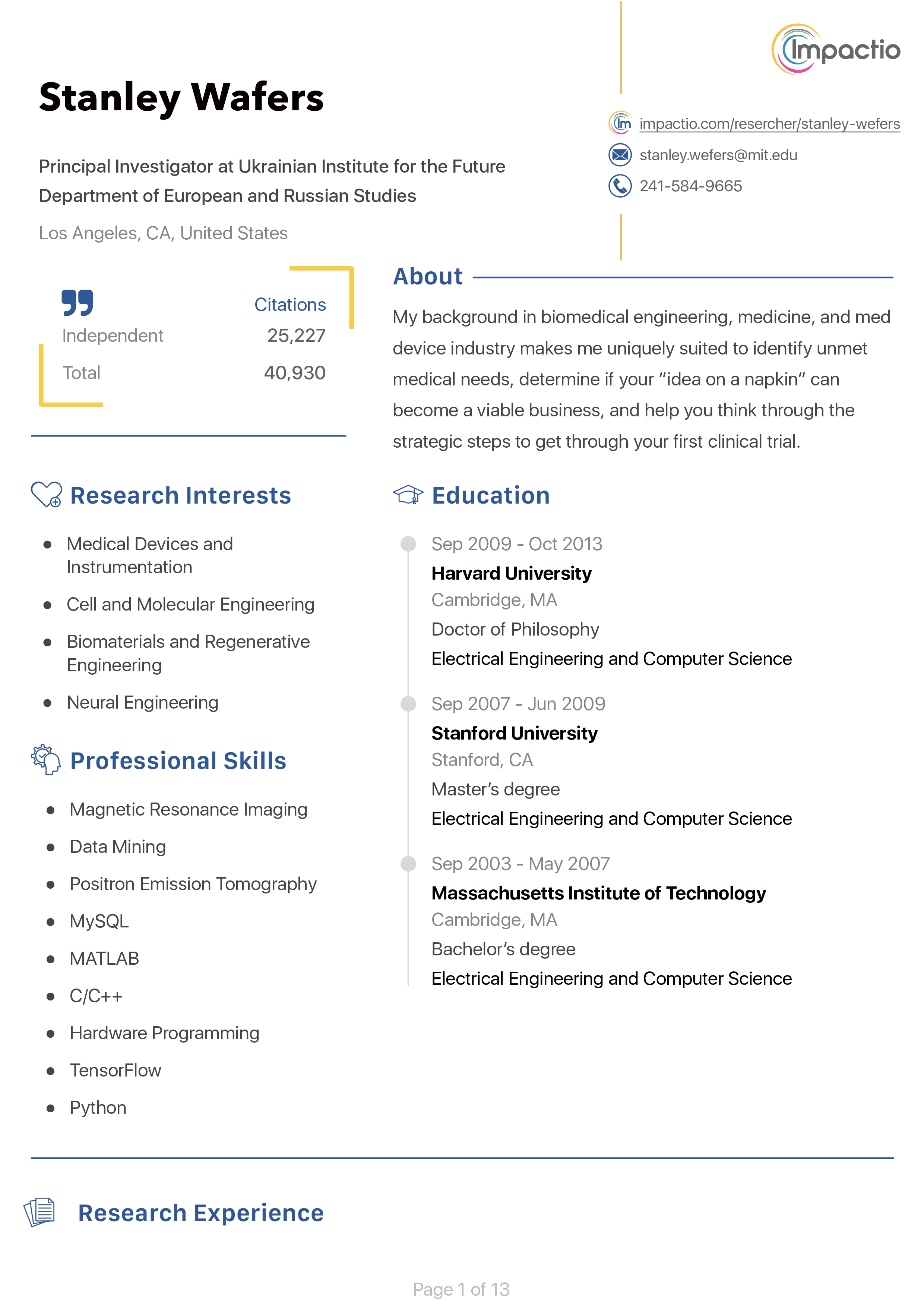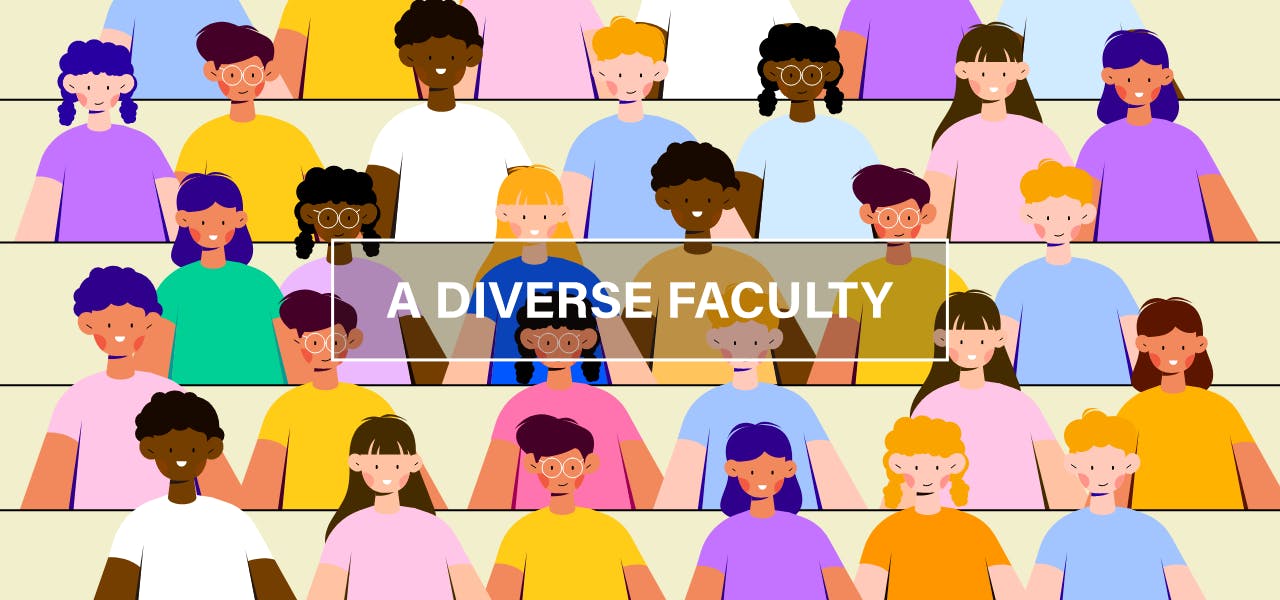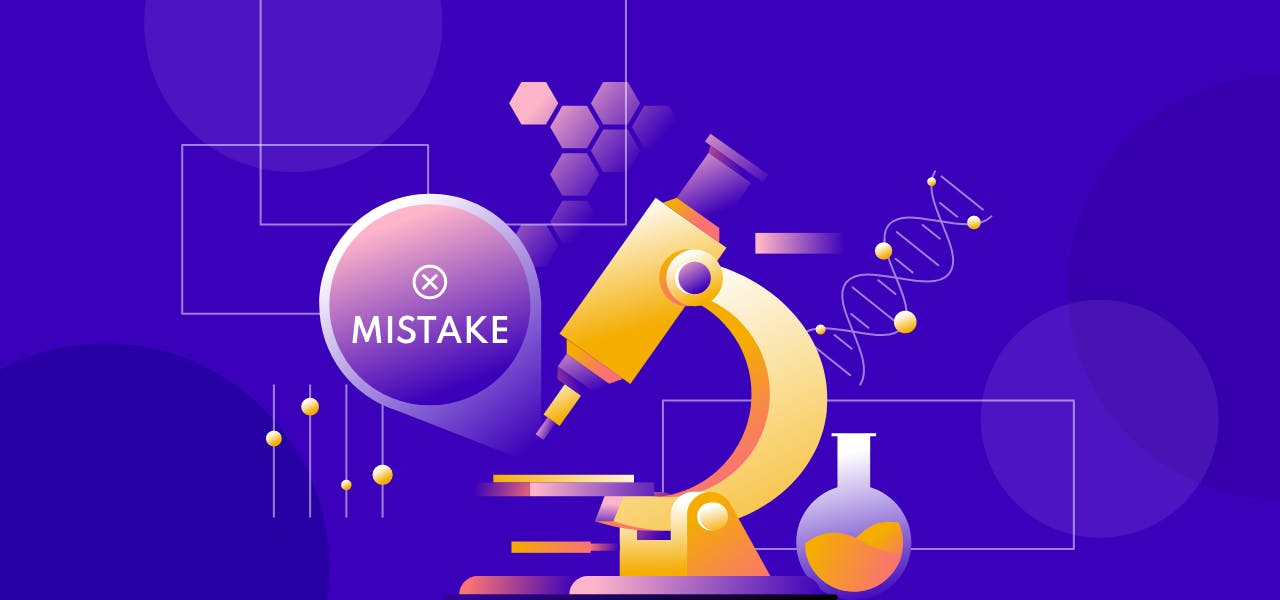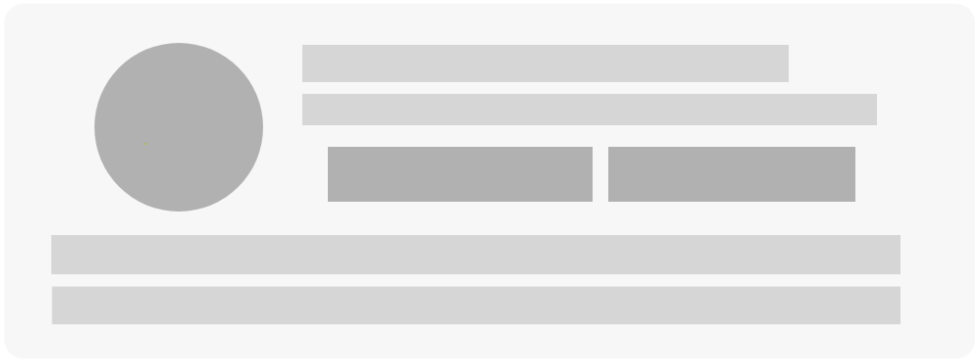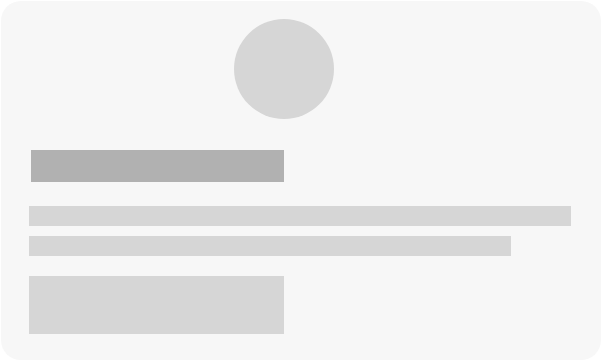Many industries are undergoing radical change as a result of the expansion and improvement of Deep Learning (DL) and the Internet of Things (IoT). These include food production, utilities, transportation, supply chains, urban planning, and medical treatment. Scientists have discovered a way to improve automation by combining deep learning, cloud computing, and the Internet of Things. The Internet of Things (IoT) can broaden its use case by integrating with cloud services; the cloud can gain insight from data gathered by sensors and other IoT devices, and deep learning can improve medical diagnosis and screening. Deep learning, cloud-based Internet of Things (IoT) applications, fog computing, and the difficulties encountered by smart healthcare systems are all included in this study's comprehensive overview of smart healthcare methods. Patient monitoring, disease detection, and diagnosis are just a few examples of the many potential uses. Smart healthcare systems (SHSs) make people's lives easier and more pleasant thanks to their cutting-edge services. The healthcare industry offers tremendous opportunities for research to overcome the constraints of traditional methodologies due to its large amount of data and varied range of disorders. Mobile health, telemedicine, emergency systems, assisted living, self-management of chronic diseases, fitness and patient monitoring, food monitoring, and remote rural areas can all benefit from healthcare automation made possible by deep learning and the Internet of Things.
| Class | 10 - CLOCKS AND WATCHES AND OTHER MEASURING INSTRUMENTS, CHECKING AND SIGNALLING INSTRUMENTS |
|---|---|
| Sub class | 05 - INSTRUMENTS, APPARATUS AND DEVICES FOR CHECKING, SECURITY OR TESTING |

